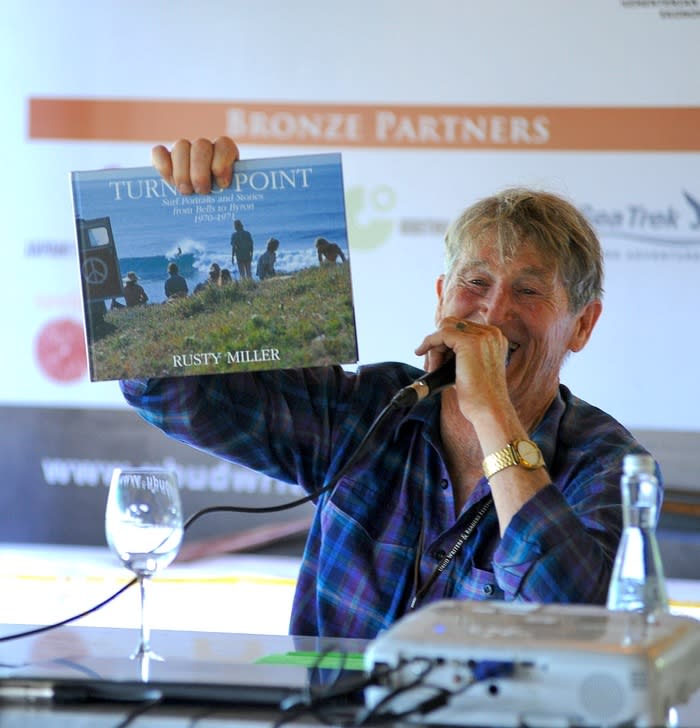The 11th Ubud Writers and Readers Festival (UWRF) ended on Sunday evening with compelling, attractive programs that received high praise from participating authors and the audience.
The increased number of visitors from Indonesian literature lovers underlined that the meeting had succeeded in turning it into a world-class event with a strong local flair.
A lively performance of a traditional Dayak dance, followed by a passionate flamenco, opened the closing ceremony, which this year was held at the Agung Rai Art Museum (ARMA) in Pengosekan.
“In my other life, I want to be a flamenco dancer,” festival founder and director Janet DeNeefe began her speech, perfectly describing the joyful atmosphere of the closing ceremony.
“Everything was fabulous, the programs were great, the conversations were meaningful. I think the word ‘beautiful’ sums it up,” she said.
Launched in 2004 as a cultural and peaceful response to the 2002 Bali bombings, the infamous terrorist attack that killed 202 people, most of them foreigners, UWRF has grown over the years to become one of the world’s finest literary festivals and the longest-running in Indonesia.
This year, around 150 writers and artists from more than 20 countries took part in the festival’s diverse programs, which ranged from panel discussions, book launches, poetry readings, film screenings, art and theater performances to cultural workshops and a guided bike tour through Ubud’s lush landscape.
Prominent authors in attendance included British-Bangladeshi novelist Zia Haider Rahman, award-winning Malaysian writer Tash Aw, distinguished Indian novelist Cyrus Mistry, Indonesian master poet Goenawan Mohamad, Muslim scholar Azyumardi Azra, Maori songwriter Tama Waipara and Australian filmmaker Rolf De Heer.
Singapore-based writer and journalist Michael Vatikiotis praised the festival for its continued efforts to present a rich and attractive program.
A new program item that was an instant success was “The Kitchen,” where famous chefs such as Bondan Winarno, Marco Padang and Janet De Neefe shared and cooked their favorite recipes.
Despite its international importance, the festival did not neglect local issues. The festival’s final panel discussion on Sunday evening discussed the current situation of Ubud, the once sleepy town that has become the cultural capital of the island.
Speakers on the panel included Tjokorda Oka Artha Ardhana Sukawati, an influential member of the Ubud royal family and chairman of the Bali chapter of the Indonesian Hotel and Restaurant Association (PHRI), and Made Gunarta, a local community figure who oversees the Padangtegal village waste management and recycling initiative.
Both expressed their fear that Ubud could fall victim to its own success. The main problems Ubud faces were severe traffic congestion, waste and the unchecked development of budget hotels. The solution is community-based initiatives and empowerment.
This year’s festival brought the committee another piece of good news: an increase in Indonesian audience numbers.
Ni Wayan Widiatmini, chief financial officer of UWRF, said that according to data from temporary ticket sales, the number of Indonesians attending the festival reached nearly 48 percent of the total number of visitors.
This year’s festival brought the committee another piece of good news: an increase in Indonesian audience numbers.
“This does not even include the number of Indonesians who attended our free events,” she said, pointing to seven programs, including “Tribute for Lempad” and “Oceania Under the Stars,” both of which attracted hundreds of viewers.
Janet De Neefe was delighted with this increase, attributing it to the stronger Indonesian programme and the festival’s growing reputation in the archipelago’s literary community.
“The festival team has been visiting the regions every year since 2008,” she said.
Read also:
What writers think about travelogues
UWRF 2013: More than just books

